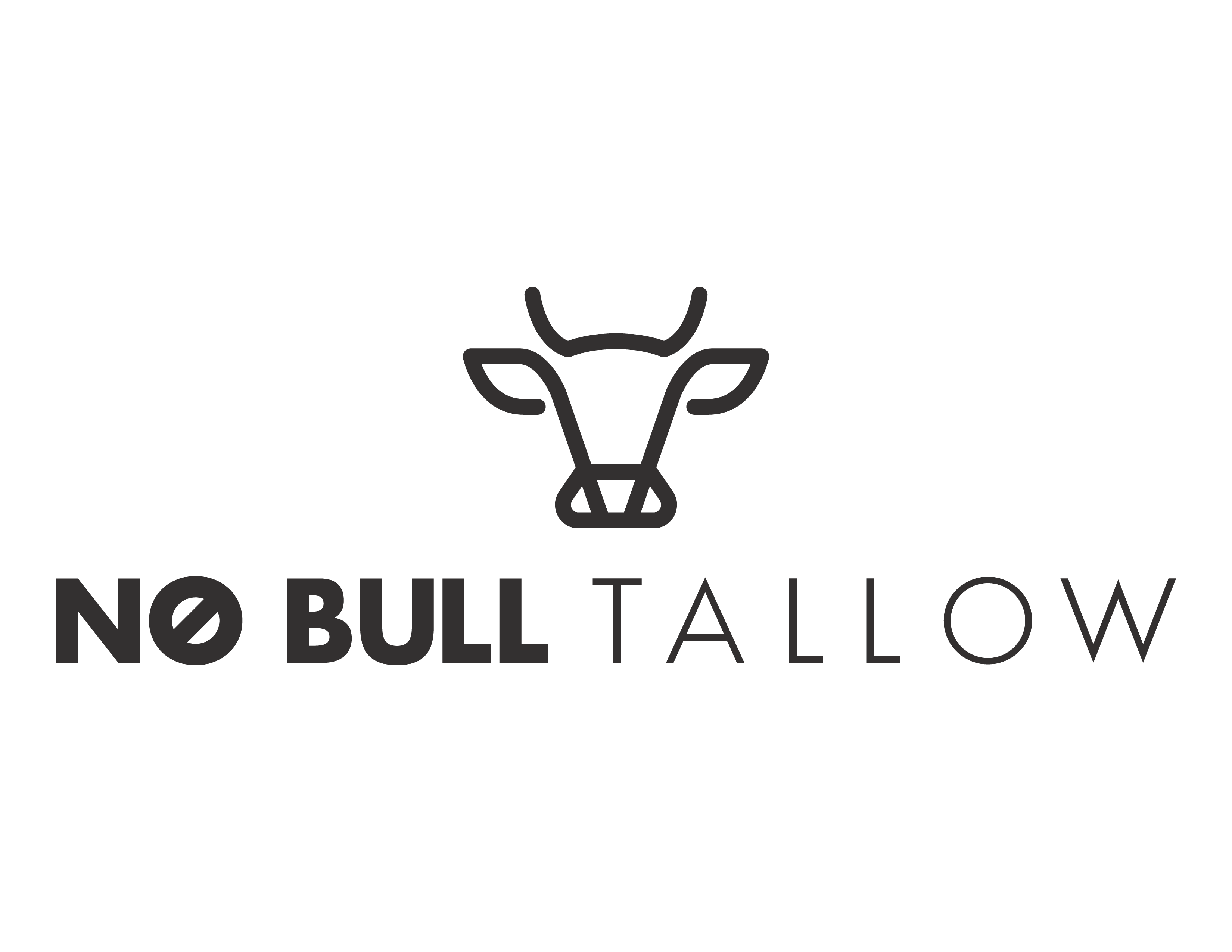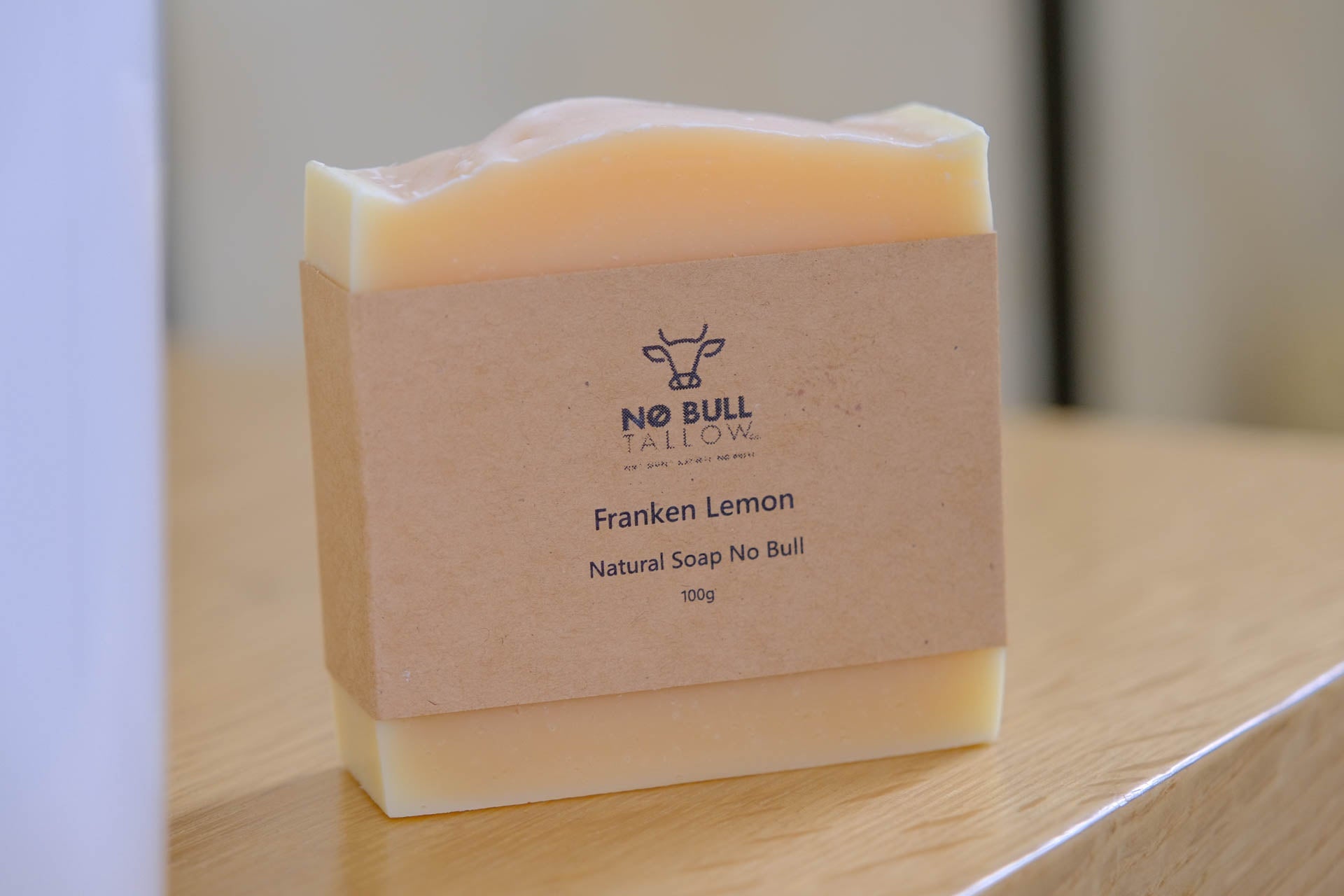Cold process soap is a method of soap making that involves mixing oils and lye (traditionally derrived from wood ash) together to create a chemical reaction called saponification. This process results in the formation of soap and glycerin, a natural byproduct that is great for moisturizing the skin.
How is Cold Process Soap Made?
To make cold process soap, a combination of oils such as pastured lard, extra virgin coconut oil, and extra virgin olive oil are mixed with lye. This mixture is then stirred until it reaches trace, a stage where the oils and lye have emulsified. Essential oils are added for fragrance, and the soap is poured into molds to harden for several weeks.
Why is Cold Process Soap Good for Us?
Cold process soap retains the natural glycerin produced during the saponification process, which helps to moisturize and nourish the skin. The use of high-quality fat ensures that the soap is gentle and non-drying, making it suitable for all skin types.
Why is Cold Process Soap Good for the Environment?
Cold process soap is made using natural ingredients and does not contain harsh chemicals or synthetic fragrances that can harm the environment. The biodegradable nature of cold process soap means that it breaks down easily without leaving behind harmful residues, making it an eco-friendly choice for conscientious consumers.
In conclusion, cold process soap is a traditional method of soap making that results in a high-quality product that is beneficial for both our skin and the environment. By using natural ingredients and avoiding harsh chemicals, cold process soap offers a gentle and sustainable cleansing option for those looking to make more conscious choices in their daily skincare routine.



Share:
The Rich History of Beef Tallow in Skincare
Why We Don’t Use Honey in Our Skincare Products – And What We Use Instead for extreme Hydration & Nourishment